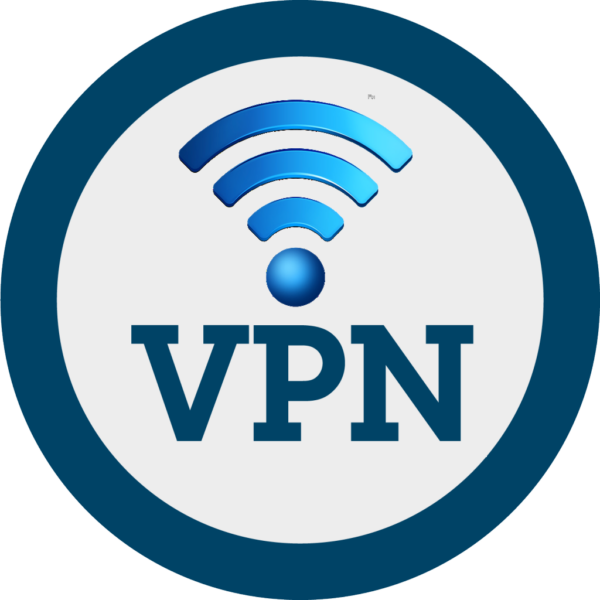Brief Information about Mobile VPN
A Mobile Virtual Private Network (VPN) is a technology that extends a private network across a public network, allowing users to securely connect to the internet and access resources remotely through encrypted connections on mobile devices. It ensures privacy and security while users are on the move, providing a seamless and protected online experience.
Detailed Information about Mobile VPN
Mobile VPNs function similarly to traditional VPNs but are optimized for mobile devices such as smartphones and tablets. They create a secure tunnel between the user’s device and the VPN server, encrypting all data transmitted over the network. This encryption ensures that sensitive information, such as passwords, financial transactions, and personal data, remains private and protected from prying eyes, especially on unsecured public Wi-Fi networks.
Mobile VPNs offer several benefits, including:
- Enhanced security and privacy: Encrypts data to prevent interception by hackers and other malicious entities.
- Bypassing geo-restrictions: Allows users to access region-restricted content and websites from anywhere in the world.
- Anonymity and data protection: Masks the user’s IP address, providing anonymity and safeguarding against tracking and surveillance.
- Seamless connectivity: Maintains a stable connection even when switching between different networks, such as Wi-Fi and cellular data.
- Increased productivity: Enables remote workers to securely access corporate networks and resources while on the go.
Detailed Analysis of the Key Features of Mobile VPN
Mobile VPNs typically offer the following key features:
- Strong encryption protocols: Utilize industry-standard encryption protocols like OpenVPN, IPSec, or WireGuard to secure data transmission.
- Multi-platform support: Compatible with various mobile operating systems, including iOS and Android.
- Automatic connection: Can be configured to automatically connect to the VPN when the device connects to an untrusted network.
- Split tunneling: Allows users to choose which traffic is routed through the VPN and which directly accesses the internet, optimizing performance.
- Kill switch: Shuts down internet access if the VPN connection drops to prevent data leakage.
- Multi-hop VPN: Routes internet traffic through multiple VPN servers for added security and anonymity.
Types of Mobile VPN
Mobile VPNs can be categorized into different types based on their deployment and functionality. The table below outlines some common types of Mobile VPNs:
| Type | Description |
|---|---|
| Client-based | Software installed on the mobile device for secure connection |
| Network-based | Integrated into the mobile network infrastructure |
| Cloud-based | Hosted on remote servers, accessible via mobile apps |
| Hardware-based | Utilizes dedicated hardware devices for VPN connectivity |
Ways to Use Mobile VPN
Mobile VPNs serve various purposes and can be used in the following ways:
- Secure Remote Access: Enables employees to securely access corporate networks and resources while working remotely.
- Bypassing Censorship: Allows users to bypass internet censorship and access blocked websites and services in restrictive regions.
- Public Wi-Fi Security: Protects sensitive data from interception and cyber threats when using public Wi-Fi networks.
- Geo-spoofing: Masks the user’s location to access region-restricted content, such as streaming services and social media platforms.
Problems and Solutions with Mobile VPN
Despite their advantages, Mobile VPNs may encounter some challenges, including:
- Connectivity issues on unstable networks
- Drain on battery life and device performance
- Compatibility issues with certain apps and services
These problems can be mitigated by:
- Choosing a reliable VPN provider with servers optimized for mobile devices
- Configuring the VPN settings for optimal performance and efficiency
- Regularly updating the VPN software to ensure compatibility with the latest devices and operating systems
Main Characteristics and Comparisons with Similar Terms
| Characteristic | Mobile VPN | Traditional VPN |
|---|---|---|
| Device Optimization | Optimized for mobile devices | Compatible with desktops, laptops, and mobile devices |
| Connectivity | Maintains connection on the move | Static connection irrespective of location |
| Performance Impact | May affect battery life and performance | Minimal impact on performance |
| Accessibility | Accessible anytime, anywhere | Requires stable internet connection |
Perspectives and Future Technologies Related to Mobile VPN
The future of Mobile VPNs lies in the development of advanced encryption protocols, improved network optimization techniques, and seamless integration with emerging technologies such as 5G and edge computing. Additionally, innovations in artificial intelligence and machine learning may enhance VPN security and performance, making Mobile VPNs even more indispensable for users worldwide.
VPN Association with Mobile VPN
While VPNs are traditionally associated with desktop and laptop computers, their integration with mobile devices has become increasingly important in today’s digital landscape. Mobile VPNs extend the benefits of VPN technology to smartphones and tablets, ensuring privacy, security, and accessibility on the go.
Links to Resources for More Information about Mobile VPN
For more information about Mobile VPNs and their benefits, consider exploring the following resources:
- Electronic Frontier Foundation (EFF) – VPNs: What They Do, How They Work, and Why You’re Dumb for Not Using One
- VPN Mentor – Mobile VPNs: What You Need to Know
- TechRadar – Best mobile VPN 2022: Protect your phone’s internet privacy with these apps
By leveraging Mobile VPN technology, users can enjoy a secure and unrestricted internet experience wherever they go, ensuring their online activities remain private and protected from prying eyes.


